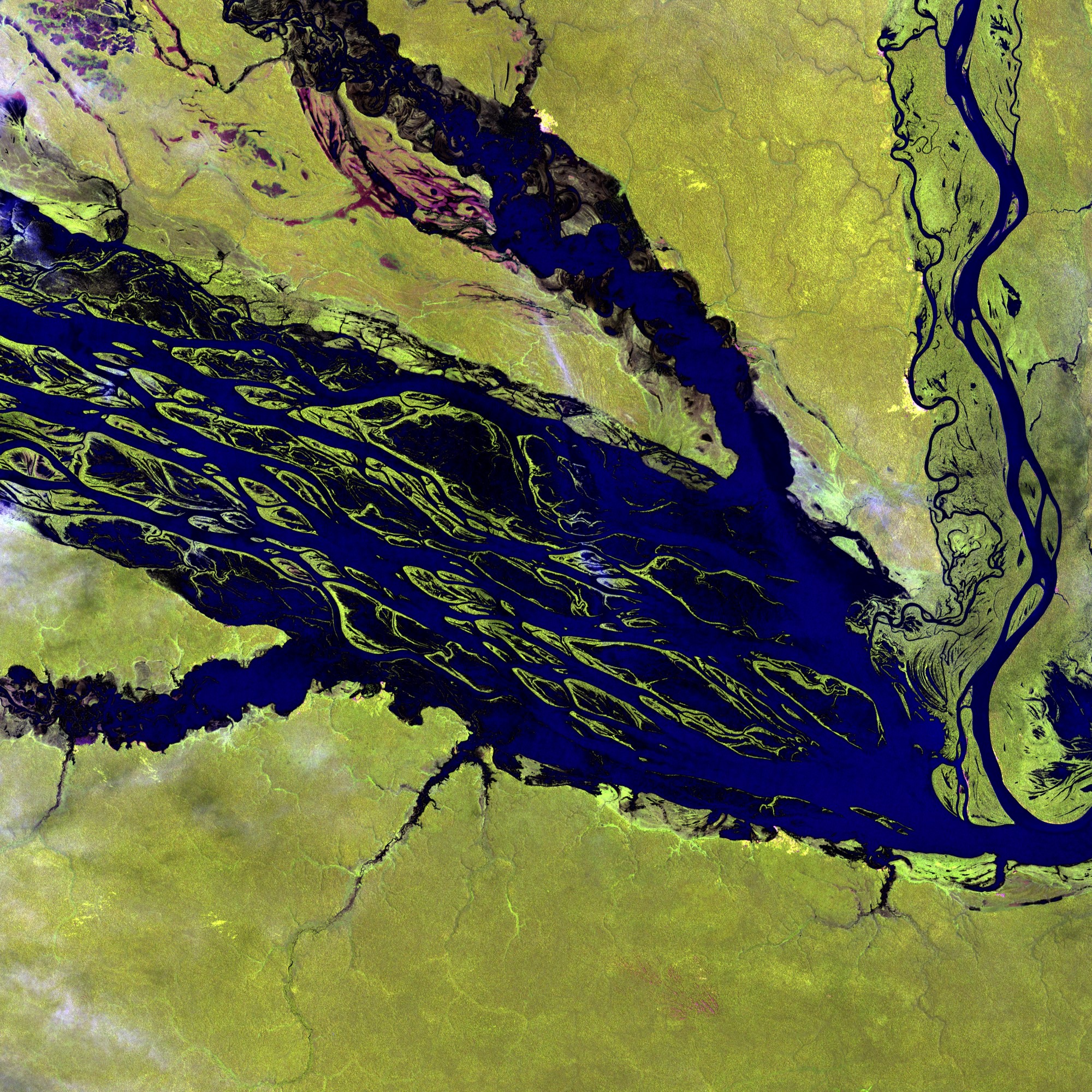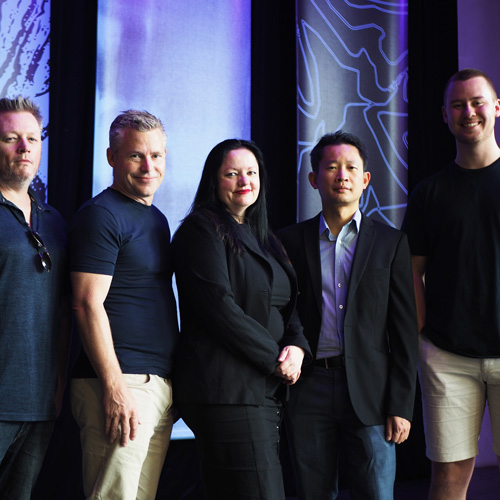Benefits
- Continuously monitoring the impact industrial activity has in the environment
- Early detection of oil spills and chemical leaks, reducing the negative impacts on sensitive habitats
- Monitoring environmental contamination to better manage the surrounds of infrastructure.
Technology
SkySpec employs state-of-the-art satellite imaging technologies and artificial intelligence designed in Japan to detect and monitor hazardous chemicals in the environment. Their technology combines patented data analytics applied on hyperspectral satellite imagery to provide insights at local, regional, national, and continental scales.
Potential markets
SkySpec’s mission is to establish environmental monitoring programs spanning large geographic ranges with a focus on land, water, and air.
SkySpec’s efforts will contribute to making cities and human settlements safer, more resilient, and more sustainable by: (1) empowering local governments to monitor the local environment for chemical hazards, and (2) enabling industry to monitor the environmental impacts they have on the communities as well as to rapidly detect and address threats.
GOVERNMENTS: SkySpec’s environmental monitoring programs will facilitate early detection of chemical spills and toxic leaks in terrestrial systems (industrial plants, mining sites, and oil pipelines). SkySpec enables their customers to detect environmental contamination and take immediate action to improve response and remediation success.
INDUSTRIES: SkySpec will support the industries seeking to build their ESG portfolios through robust environmental impact monitoring of their assets. This includes petroleum and industrial chemical companies seeking to deploy real-time and cost-effective monitoring programs of their product development sites and transportation corridors (pipelines and seaports). SkySpec aims to identify GHG (greenhouse gasses) leaks and high accumulation/release points from factories and power production plants and allow their customers to address these issues early to reduce their impacts.
Partnering opportunities
SkySpec is currently looking to partner with central and local governments, as well as the oil and mining industry in Australia to: (1) understand user needs and requirements in terms of monitoring the environment for hazardous chemicals at various scales; (2) validate their technology on Australian use cases and confirm outcomes with customers (3) tailor our data analytics technology for solving Australian problems.







